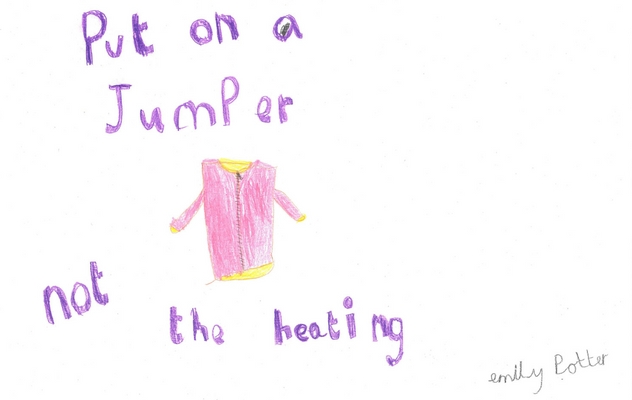
Climate change is happening. Unless we educate people from a young age, we have little chances of reversing the current climatic trend and ensure resilience in the future. It is important to provide simple and easy-to-do actions for everyone to take, that can reduce the impact we have on the environment with an immediate effect.
The HEDRA (Home Energy Demand Reduction Action) is a project that aims to demonstrate simple and easy-to-do actions that anyone can take when at home, in order to reduce the energy demand of their household. As a STEM Ambassador I have taken the opportunity to interact with the young occupants of UK homes in an attempt to educate them about climate change and potential actions to try and reverse it.
With this goal in mind I developed and delivered a series of workshops that aimed to educate primary school students on what climate is, why it is changing at an unprecedented rate, what the causes of climate change are and which one has the biggest impact on climate.
The workshops focus on ways to reduce Energy Demand in households by identifying key actions one can take when at home.
The one-hour long workshops are divided in two parts; a 20 minute interactive presentation and a 40 minute poster design. During the first part, the pupils are given the chance to engage in a discussion about climate, the Earth’s atmosphere, greenhouse gases and how the consumption of energy and the use of fossil fuels has led to global warming and extreme weather events.
Continuing with this short lecture, emphasis is given to the contribution of each sector (buildings, transport, industry, services), which eventually leads to a “guess how much” in-class game on where do we use the most energy in our homes (heating, hot water, electrical appliances, cooking, lighting).
As a STEM Ambassador I have taken the opportunity to interact with the young occupants of UK homes in an attempt to educate them about climate change and potential actions to try and reverse it.
A striking fact during this game is that most of the students think that electrical appliances take up most of our energy usage and heating the least, whilst in fact heating accounts for four times as much as electrical appliances in terms of energy use (on average in the UK). This first part concludes by allowing the students to brainstorm about possible soft actions (simple, easy, able to do the very same day when returning home) that would reduce the overall energy demand of their homes.
Once a number of actions (HEDRAs) have been identified, the students engage in designing a poster for a HEDRA campaign. The instructions are to keep it simple, colourful and meaningful. The results are stunning.
The ideas, the colours and the spatial organisation of their designs show a strong sense of environmental responsibility as well as a clear understanding of the concept of climate change and HEDRA. But what leaves me with hope is the excitement and enthusiasm they have walking out of the class, having put their signature on a piece of strong environmental statement that will remind them this workshop for a long time.
About the author
Argyris Oraiopoulos is currently working as a Research Associate at the School of Civil and Building Engineering at Loughborough University, while finishing his PhD as part of the LoLo Centre for Doctoral Training on Energy Demand. You can find him on Twitter: @AOraiopoulos.
You may also be interested in...

